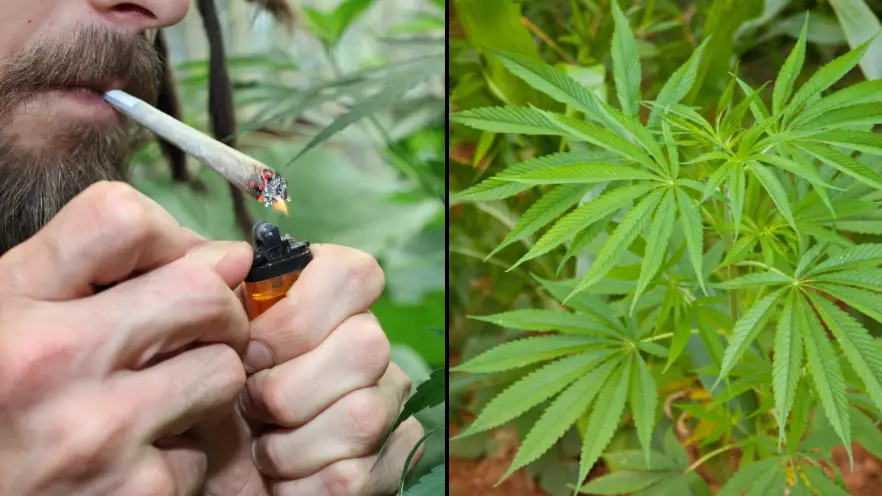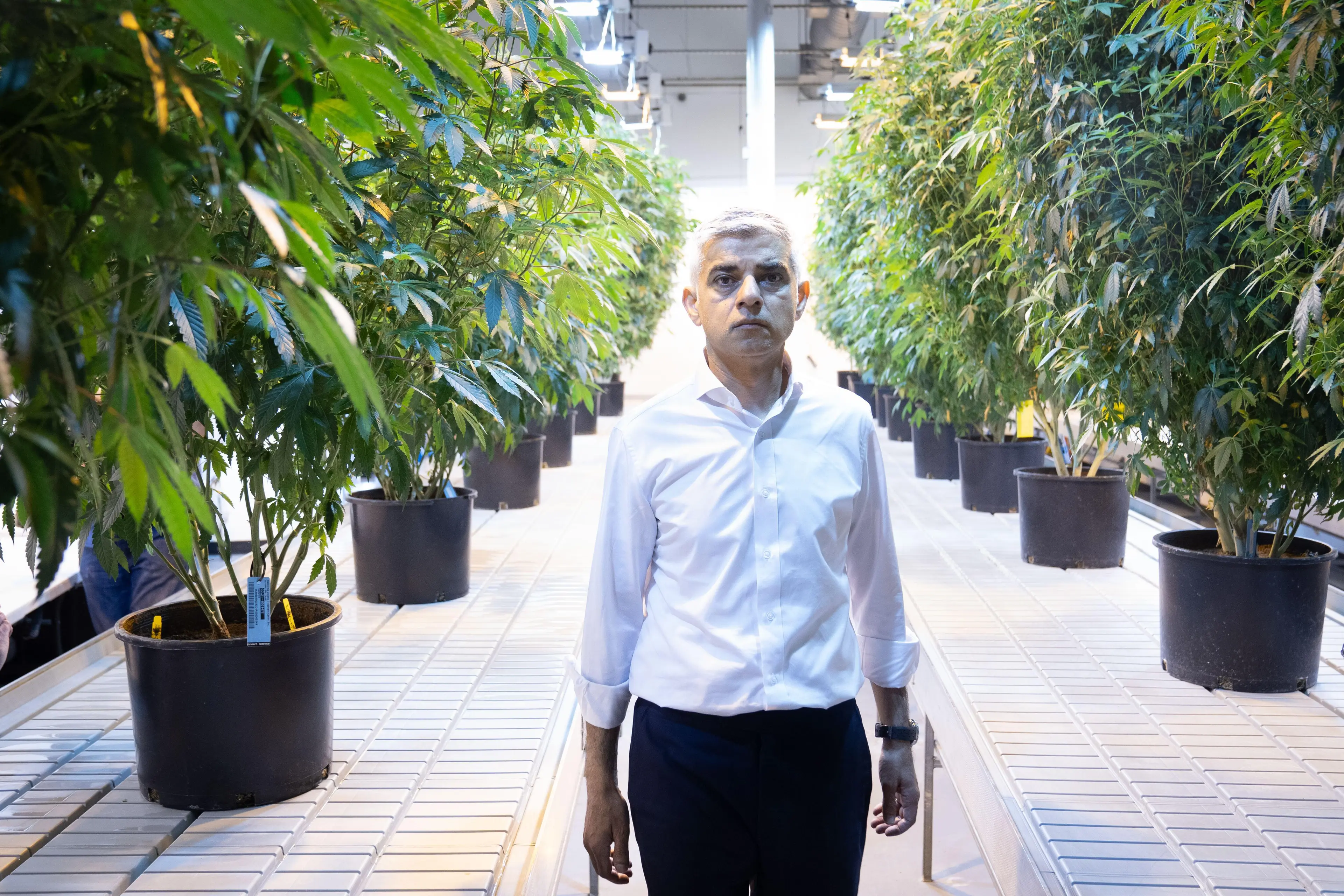
London Mayor Sadiq Khan has established a new drugs commission which will look into the governing of cannabis in the UK.
Khan announced the news today (12 May) amid a trip to Los Angeles, where he is examining first-hand the impacts on the city after cannabis was legalised there in 2016.
The group will be chaired by former Lord Chancellor and Justice Secretary, Lord Charlie Falconer QC, and will include both independent experts and leading figures from the fields of criminal justice, public health, politics, community relations and academia.
Though the commission will not consider Class A drugs such as heroin, cocaine, ecstasy and LSD, it will examine the effectiveness of the UK's drug laws with a particular focus on cannabis, gathering evidence from around the world on approaches, best methods of prevention, effective criminal justice responses and the public health benefits of different approaches.
University College London will also work with the commission to provide evidence-based research and assessment.
Advert
After looking into the evidence, the Commission is set to make its policy recommendations for City Hall, the Government, the police, the criminal justice system and public health services.
Khan said the government needs to 'do more to tackle' the epidemic of the illegal drugs trade and 'further the debate around our drugs laws', though Home Secretary Priti Patel criticised the formation of the commission as she argued Khan does not have the power to make changes to drug laws.
In a post on Twitter, she wrote: "Sadiq Khan’s time would be better spent focusing on knife and drug crime in London. The Mayor has no powers to legalise drugs. They ruin communities, tear apart families and destroy lives."
Sophie Linden, Deputy Mayor for Policing and Crime, stressed it is vital work is done 'to reduce the harm and misery caused by the illegal drugs industry in London', saying the commission's recommendations will 'consider how best to improve the situation for Londoners'.
Following the legalisation of cannabis in California, arrests related to the drug dropped by 56 percent. A total of 6,065 cannabis arrests took place in 2017, compared to 13,810 arrests in 2016, according to a release from Khan's office, while felony arrests for cannabis fell by 74 percent.

England and Wales recorded 4,561 deaths related to drug poisoning in 2020, the highest number since records began. Current laws in the UK classify cannabis as a class B drug, carrying a maximum sentence of five years in prison for possession.
Lord Falconer QC said a national debate on the laws is 'long overdue', adding that the commission aims 'to make recommendations to bring about effective and lasting change'.